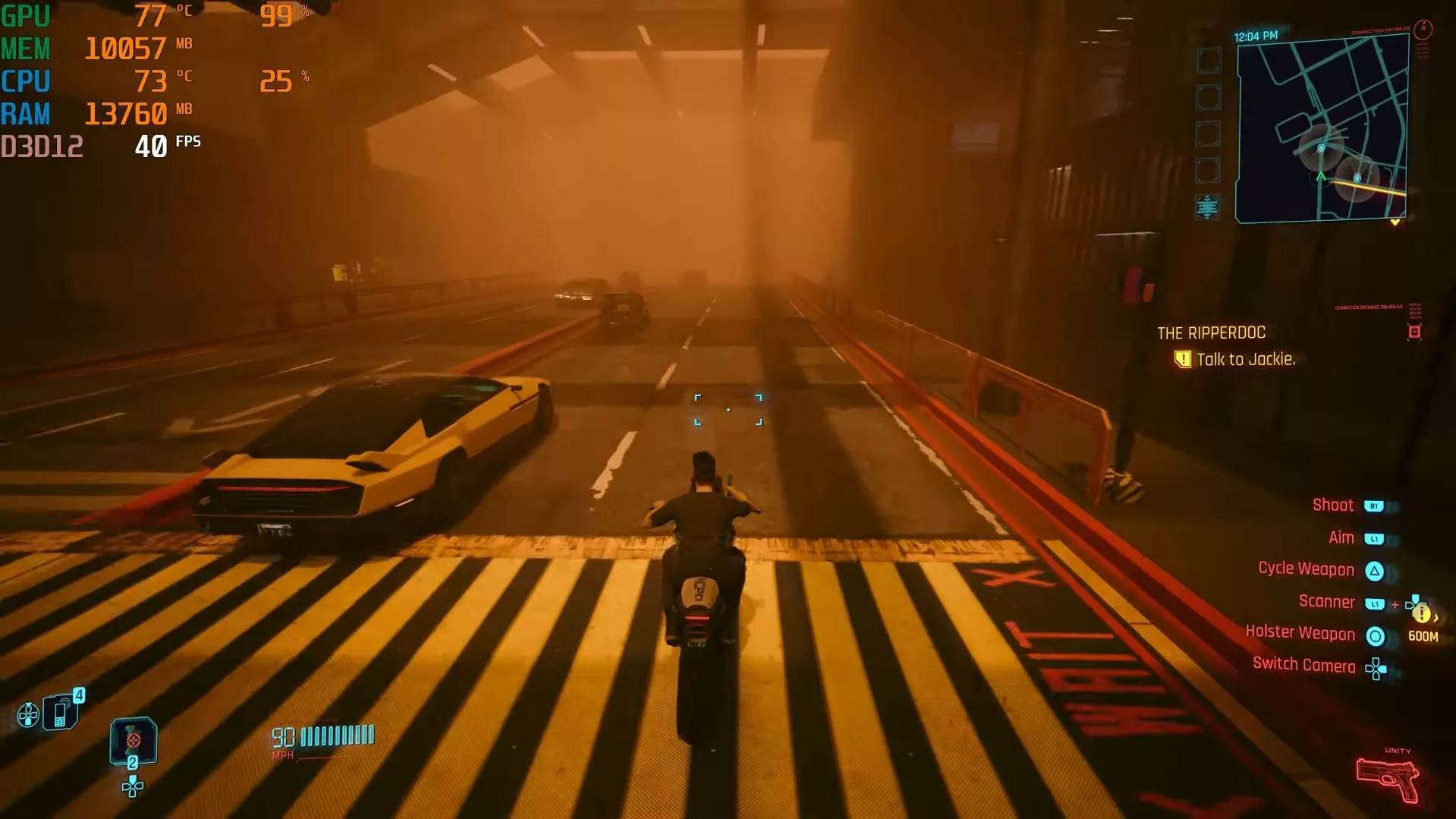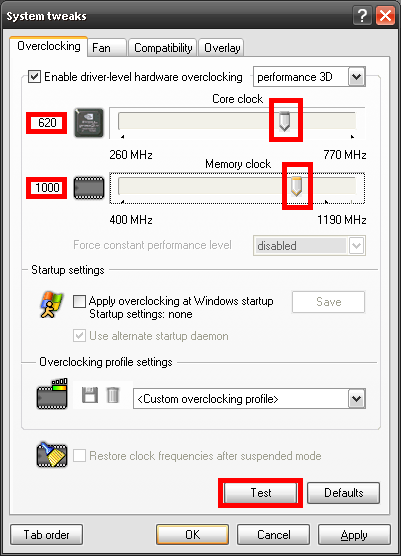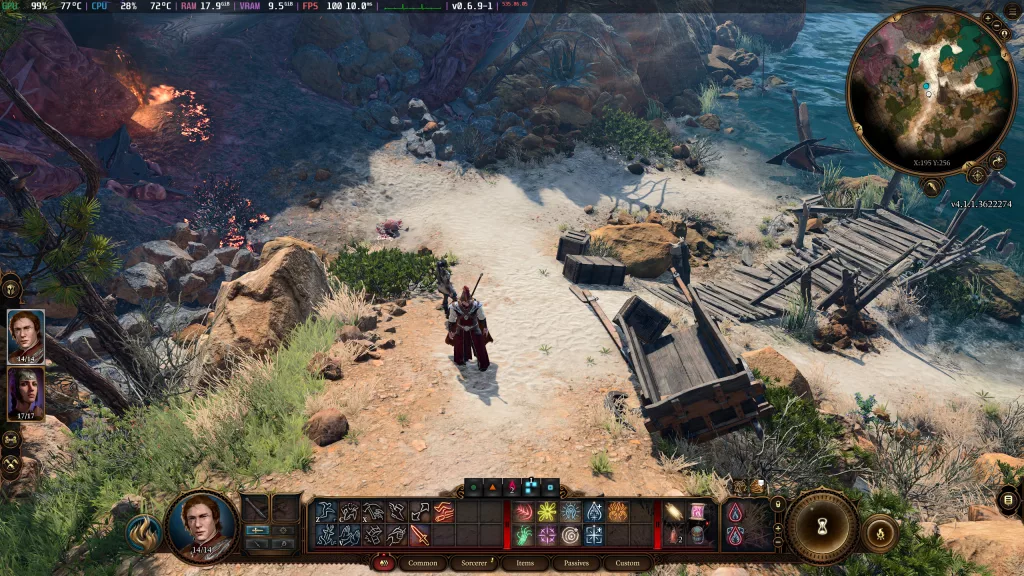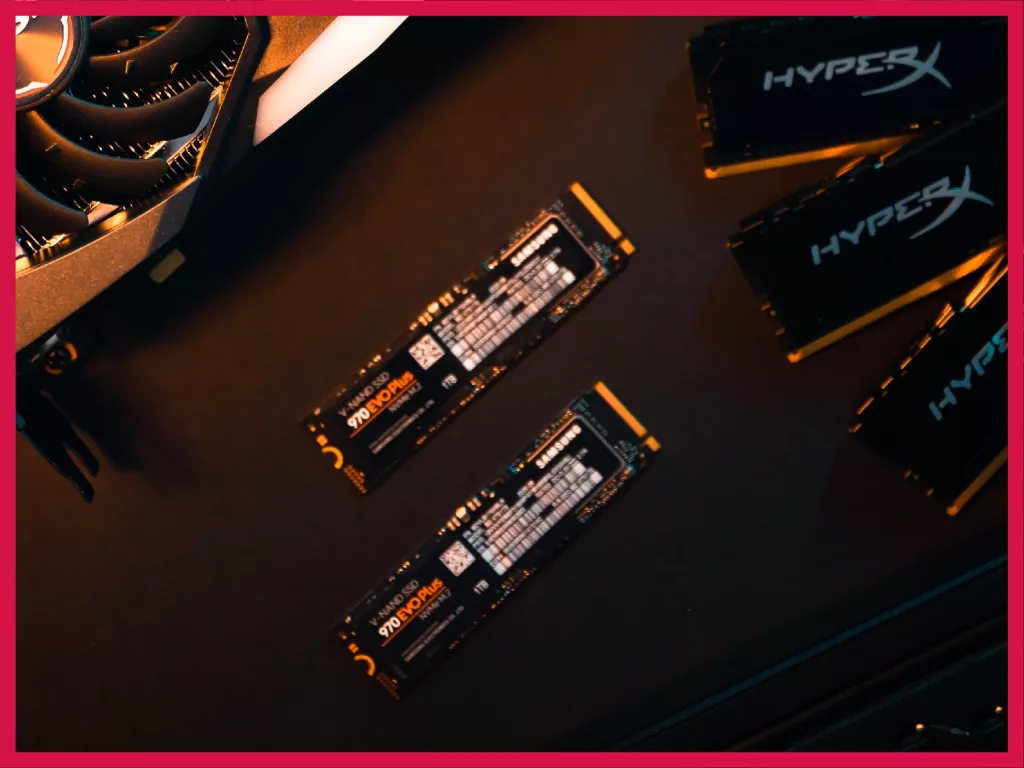More often than not, it’s an old GPU not being able to run graphically demanding games that causes FPS and performance issues. If that’s not the case, other culprits often include bad thermals (so, check temperatures) and CPU bottlenecking (see if CPU utilization is 90%+, and if it is, your CPU is bottlenecking your GPU).
But every so often, it’s none of the above. What does the gamer do then? Let’s be real; who hasn’t wanted to defenestrate their rig when a game suddenly transforms into a slideshow? Choppy framerates and lag are enough to make anyone Hulk-out. But before you smash that fancy mechanical keyboard, let’s get your games back to buttery-smooth goodness. Here are answers to some common questions we get asked all the time.
Should You Kill Background Processes While Gaming?
Absolutely. Think of your PC’s resources like a buffet. Your game’s the hungry dude who wants to devour everything. Background apps? They’re the annoying relatives nibbling on appetizers. Any background process and service can hog RAM, disk, and internet speed. If you don’t need it, close it. Instead of killing, check your startup items and your Services to keep them from starting automatically in the first place.
Does Updating Drivers Actually Do Anything?
GPU drivers should always be updated, of course. But the fact that the first tip on any article about fixing low FPS is to update your drivers, and when you try to do it, you see it’s already updated, really is a bummer. It makes one feel like the drivers aren’t an issue at all. In some off-cases, there can really be pending updates. Always check for driver updates through Nvidia GeForce Experience or AMD Software. Also, make sure you have all optional updates installed in Windows Settings. If you are faced with a major driver issue, here’s a complete guide to properly reinstalling graphics card drivers.
Why am I Suddenly Getting Low FPS?
The dreaded FPS nosedive. Several suspects here:
- Windows Updates: Did Windows sneak in a background update? That’s your prime culprit.
- Software Conflicts: New program acting up? Resource hogging can tank your performance.
- Thermal Throttling: Is your PC running a bit toasty? Components slow down to protect themselves when things get too hot.
How Do I Fix Lag in Games?
Network lag is the online multiplayer villain. If possible, ditch Wi-Fi and plug that Ethernet cable in. There could also be ISP issues if other services or websites don’t work, and only a handful of them seem to be working properly. Also, when you’re on shared WiFi, someone streaming a 4K Netflix show in the other room can drain all that juicy bandwidth. The same goes for people with their smartphones plugged in (when phones usually update), streaming on TV or other computers, and even watching YouTube. Torrenting also slows down the internet by a lot.
Why are Games Stuttering on my PC?
If your CPU and GPU aren’t playing nice, you’ll get stutters. Stuttering can also be a tell-tale sign of a bad PSU, or a PSU that can no longer keep up with the power demands of your hardware. Hitches can also be caused by low RAM availability. If you’re hitting high RAM utilization, it’s time to lower in-game settings or buy more RAM.
Why is FPS Low Even Though I Can Run It Higher?
Did you accidentally crank up the graphics to ‘Ultra Nightmare’ mode? Tone it down a notch. Also, attempt playing at a fixed framerate, whichever feels closest to your GPU’s realistic performance, like 60, 120, or 200 FPS. Your CPU or GPU could be holding back the rest of your glorious rig. Always test for bottlenecks by running stress benchmarks if something feels off all of a sudden.
Does Internet Speed Affect FPS?
No. Think of FPS as how well your machine draws the game, and the internet as the delivery system. Laggy internet = delayed updates, not necessarily lower FPS. Slower internet will cause delays, which can be seen by a high ping count. Most games are playable only under a particular threshold (depending on the physical proximity of the server). This differs from player to player and rig to rig, but generally, it’s accepted that 150ms ping is a little on the high end. If the game is showing a 150ms or higher ping and you’re experiencing delays, it’s a slow internet connection. Now, bandwidth also matters. Sometimes, ISPs dupe you by offering insane download speeds (so you can stream all the YouTube you want lightning-fast) but constrict your upload speed. Upload is super important for gaming and streaming. This introduces high ping, latency, or just good, old-fashioned stop-motion animation. Use a tool like Ookla to test your internet’s upload speed.
Does RAM Affect FPS?
Big time. RAM is your game’s workspace. Not enough? You’ll see hitching, loading times from hell, and even those dreaded crashes back to the desktop.
Does HDD/SSD Affect FPS?
No. Your disk only matters for read/write operations, meaning when the game loads a new map or a high-res texture, the disk speed matters. On a faster disk (let’s say an M.2 NVMe SSD vs. an old mechanical HDD), your loading times will speed up. Loading times mean everything from map loads and texture loads to entering new areas, the actual “loading” screens in the game, the time it takes the game to save or open, and so on. There is no impact on the actual in-game FPS at all. That’s all GPU, CPU, and RAM.
Also Read: 13 Tips to Optimize SSD for Gaming
How to Check if My GPU is Healthy?
There are many tools you can use to check your GPU’s health and if it’s overheating or not. For basic checking, note down the temperatures when gaming (or during a stress test like Furmark 3D) and compare them with the average temps for your GPU (you can find that online). Tools like GPU-Z can offer more detailed insights that you can screenshot and ask around in forums such as Toms Hardware or Reddit.
Does an Overheating CPU Affect FPS in Games?
You bet. Overheating CPUs throttle back. Keep things cool with better airflow, a beefier cooler, or by reapplying thermal paste. It’s not about the number of fans, it’s about ensuring proper airflow. So, you need to make sure the inside of your chassis is getting cool air in and that there’s plenty of room within it for air to circulate from component to component (and that nothing is too close). A better and roomier case with 2-3 extra fans can easily improve temperatures by 2-5°C.





